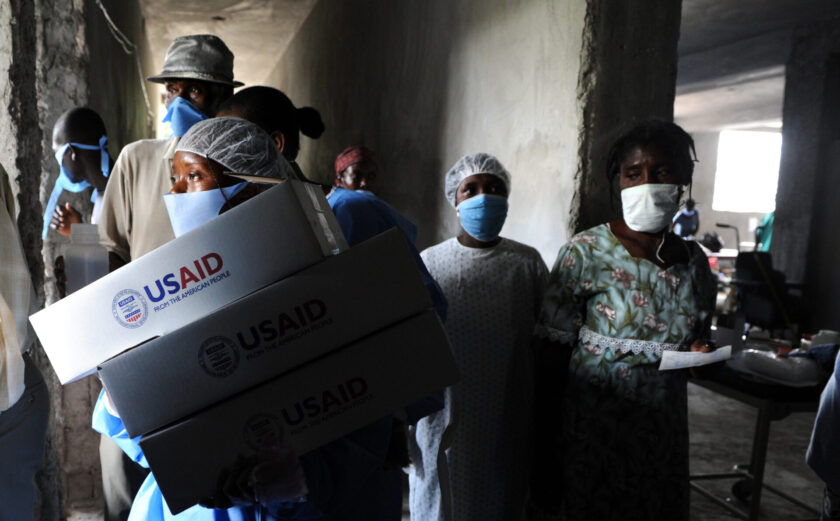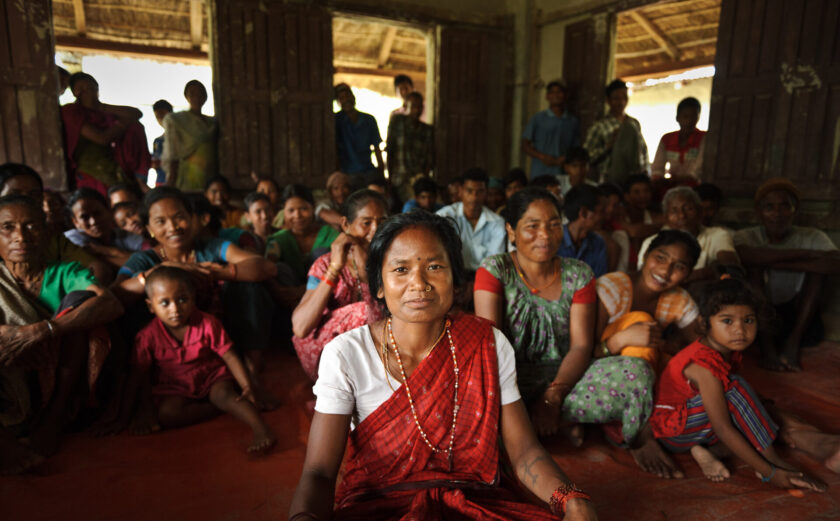
The Foreign Agents Registration Act’s NGO Impact
The Foreign Agents Registration Act (FARA) is a 1938 U.S. law designed to limit the influence of foreign governments and foreign “propaganda” in the United States. The law requires “agents”, or those promoting the interests of a foreign power, or “foreign principal”, to disclose such relationship, and any activities or funding related to promoting said interests. Since the end of the Cold War, the U.S. government has rarely enforced FARA, and when it does, it mostly uses FARA to prevent the financing of terrorist activities. The 2016 elections and accusations of Russian meddling has renewed policymakers’ attention toward FARA as a means to counter disinformation, clandestine activity by foreign governments to subvert U.S. democracy, electronic espionage, and illicit intervention by foreign nationals in election processes. During the 115th Congress (2017-2018), legislators introduced over a dozen bills seeking to increase enforcement of the Act and capacity to investigate potential violations.
Impact on Nonprofits
As written, FARA is unsuitable for our contemporary world – a world in which global interconnectivity is increasing and the roles of state and non-state actors are blurring. FARA’s broad definition of “foreign principal” currently includes not just foreign governments, but foreign individuals, foundations, nonprofits, companies, or other entities. Under the Act, one can become an “agent” of a foreign principal not just by acting under a foreign principal’s “direction or control,” but simply at their “request.” Activities covered under the legislation are also extensive and include soliciting or dispensing funds and engaging in advocacy, of any kind, in the interests of a foreign principal.
Such broad language could, in theory, require NGOs delivering life-saving humanitarian assistance to register as foreign agents. Registering NGOS as agents of any government would erode the independence of nonprofits. Many nonprofits operate as neutral actors in crises areas, including in war-torn and repressive environments. For safety and security reasons, nonprofits must maintain this neutrality and independence. Failing to do so could make nonprofits lose access to those in need, make them targets for hostile actors, and place their staff at unnecessary risk. Furthermore, FARA is often used as a political weapon in the U.S. and abroad. Members of the House Natural Resources Committee have recently targeted nonprofits for their overseas advocacy through FARA and its loose definitions – often when these nonprofits have different political views than the accusing member of Congress. FARA is further used overseas for repressive regimes as an excuse to crackdown on civil society, as governments use the Act as cover to enact their own restrictive laws.
Statement of Principles
As organizations representing a broad cross-section of nonprofit, civil society, and independent organizations across the United States, we share concern and interest in the reform of the Foreign Agents Registration Act (FARA) of 1938. We recognize that non-state actors have gained a significant presence on the world stage – something that was reserved primarily for state actors just decades ago. We believe that any congressional pursuit to reform FARA, including increased enforcement, should also modernize the law to reflect an interconnected world where funding, ideas, assistance, and cooperation are not defined, contained, or restricted by borders. Together, we agree to:
- support democracy, human rights, good governance, and the rule of law;
- support transparency; and
- support a vibrant and independent civil society across the globe.
Furthermore, we agree that given today’s interconnected world, where definitions matter, FARA should be modernized so that it:
- better recognizes the existence of international relationships among non-state actors, including providing exemptions for those organizations who receive foreign funding for development and humanitarian assistance – as it is understood today – from registering as foreign ‘agents’;
- encourages relationships between nonprofits and foreign government support for a nonprofit’s independent activity, even if that activity is mutually aligned with the foreign country; and
- upholds and supports constitutional freedoms such as freedom of speech and the right to petition while protecting nonprofits from those who would use the Act to prosecute NGOs, expel them from countries, or otherwise undermine their ability to carry out their work.
Resources
- InterAction open letter to Congress – April 2018
- What’s the Foreign Agents Registration Act? We’ve Got Answers
- International Center for Not-for-profit Law – Resource Page
- Congressional Research Service – The Foreign Agents Registration Act (FARA): A Legal Overview
For nonprofit organizations and their representatives who wish to receive periodic updates and information on FARA reforms, sign up for the community listserv.























